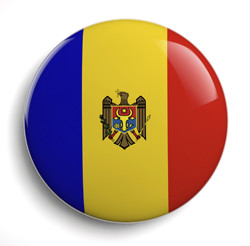Bringing Moldova into the European Research Area
The MOLD-NANONET(opens in new window) (Enhancing the capacities of the ELIRI Research Institute in applied research to enable the integration of Moldova in the European Research Area on the basis of scientific excellence) project was set up to enhance the Institute's capacities in applied research. The initiative was designed to enable integration in the European Research Area (ERA) on the basis of scientific excellence. To expand the country's unified infrastructure, they worked to integrate the research potential of Alecu Russo State University of Balti (BELTI) and research institutions in Chisinau. The primary targets were ELIRI, the Technical University of Moldova (UTM), and the Institute of Electronic Engineering and Nanotechnologies (IEEN) of the Academy of Sciences of Moldova (A.S.M.). Experts' visits between ELIRI and partner institutions were organised for knowledge sharing, and efforts made to build a bridge between applied research and innovative business. MOLD-NANONET focused on new research programmes and improving the scientific level and training of qualified experts as well as young researchers from ELIRI, BELTI, UTM, and other Moldovan high-tech companies in the field of micro- and nanotechnologies. Training courses were also held for Masters and PhD students on topics such as intellectual property, technology transfer and nanotechnology. Other events included webinars and three-day seminars on topics of educational modules to assist researchers and staff in obtaining a practical understanding of requirements related to the Seventh Framework Programme (FP7) and Horizon 2020. New state-of-the-art equipment also facilitated infrastructural upgrades. Project activities resulted in a knowledge map linking Moldovan institutes with other relevant national, EU and international organisations. Along with the project website(opens in new window), flyers and posters at international conferences, seminars and exhibitions were used to disseminate MOLD-NANONET activities in the nanotechnology field. MOLD-NANONET has helped to increase research capacity and enable the network of Moldovan institutes to compete and collaborate with other research institutes. The initiative bodes well for their increased participation in Horizon 2020 and the potential commercialisation of applied research outcomes. Overall, related developments should increase professional and industrial job opportunities in Moldova.



